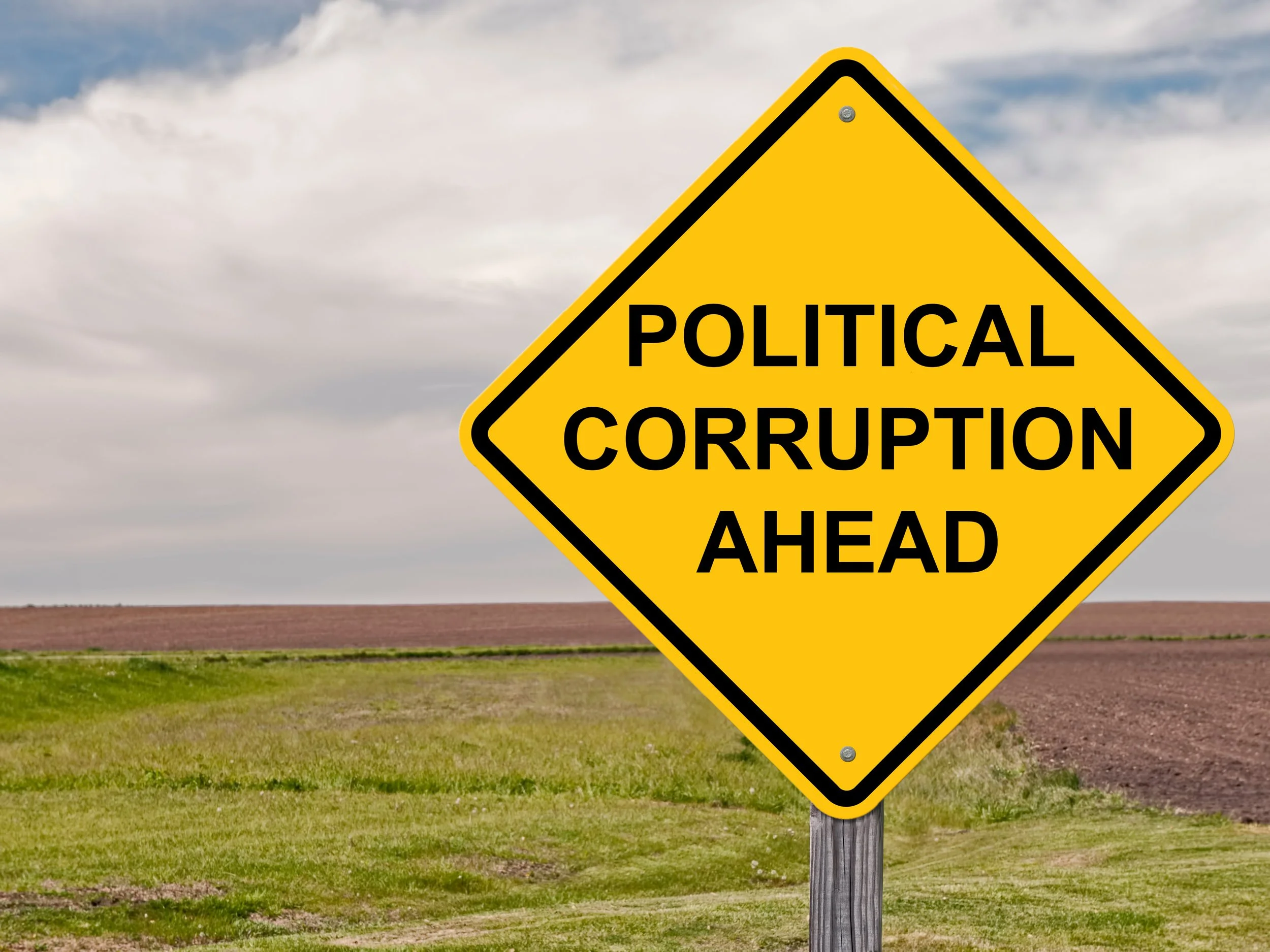Monopoly utilities have long taken advantage of their ratepayers, engaging in anti-free market tactics to protect their power, overcharging customers and limiting the growth of renewable energy along the way. The Washington Post recently covered a growing movement by state legislators to crack down on Big Utility corruption and increase transparency and protection for consumers by prohibiting utilities from charging ratepayers for political activities. Big Utilities are using money that they collect from customers’ monthly bills to fund political machines that push legislation, curry favor with regulators, and alter the outcomes of elections. Excerpts from The Washington Post:
Utilities across the country use money collected from customers’ monthly bills to fund their political activities, including lobbying, advertisements and trade association membership dues.
That’s about to change in three states — Colorado, Connecticut and Maine — that recently passed laws to prohibit this practice.
Proponents of the measures, which garnered bipartisan support, say they will prevent customers from footing the bill for political activities they might oppose, including lobbying against climate policies. They acknowledge the measures probably won’t save individual consumers much money, but say they’re important transparency steps.
“What we’ve seen in the last few months is a real turning point, where public officials have become aware and alarmed — appropriately — that utilities are forcing their customers to pay for their political operations,” said David Pomerantz, executive director of the Energy and Policy Institute, a utility watchdog group.
Some utilities spend millions of dollars annually to influence legislation, ballot initiatives and other policies. Maine offers a prime example. In November, Maine voters will weigh a ballot initiative aimed at buying out the assets of Central Maine Power and Versant, which distribute 97 percent of the state’s electricity, and replacing them with a new not-for-profit utility. Already, the parent companies of Central Maine Power and Versant have spent $18.4 million fighting the initiative, Floodlight News and the Portland Press Herald reported.
Maine state Sen. Mike Tipping (D), who sponsored the new legislation, said he understands why it passed last week on a bipartisan basis, with three Republican lawmakers in each chamber voting yes.
“I think folks on both sides of the aisle have seen some of the problems here,” Tipping said. “I mean, Maine is not a big state, and when these monopoly utilities spend tens of millions of dollars, it’s pretty obvious.”
Many utilities pay dues to trade groups that also spend big on political activities.
In fact, the Edison Electric Institute, the main trade group for investor-owned utilities, paid for Facebook ads urging people to oppose the legislation in Connecticut and Colorado.
Steve Fenberg, president of the Colorado state Senate, said he thinks it’s “ironic” that the ads claimed the bills would raise costs for customers, even though the cost of the ads was potentially passed on to customers.
So just how much money can residents of Maine, Colorado and Connecticut expect to save on their energy bills in the coming months? The bills’ backers acknowledge that the financial impact might be small — but they say the impact on transparency might be greater.
In addition to barring utilities from spending ratepayer money on political activities, the bills require utilities to better disclose these activities in the first place. In Connecticut, for instance, utilities will be forced to file annual disclosures to the state Public Utility Regulatory Authority with itemized lists of expenses starting next year.
“Will there end up being significant savings for ratepayers? My answer is no, not really,” said Connecticut state Rep. Jonathan Steinberg (D). “It’s not purely symbolic — there is a dollars-and-cents impact. But it’s more about resetting the relationship and making it clear that Connecticut ratepayers will not be patsies for the benefit of utility shareholders.”
Meanwhile, the bills’ backers hope the Federal Energy Regulatory Commission takes similar action at the national level. In 2021, the commission said it would consider preventing utilities from charging customers for trade association dues in response to a petition from the Center for Biological Diversity.
“The states have the power to do this themselves, but the good thing about FERC acting would be a uniform standard across all states,” said Howard Crystal, legal director of the center’s Energy Justice Program.
Read more in the Washington Post. Also check out the Energy and Policy Institute: Getting Politics Out of Utility Bills; How policymakers can protect customers from being forced to fund utilities’ political machines

